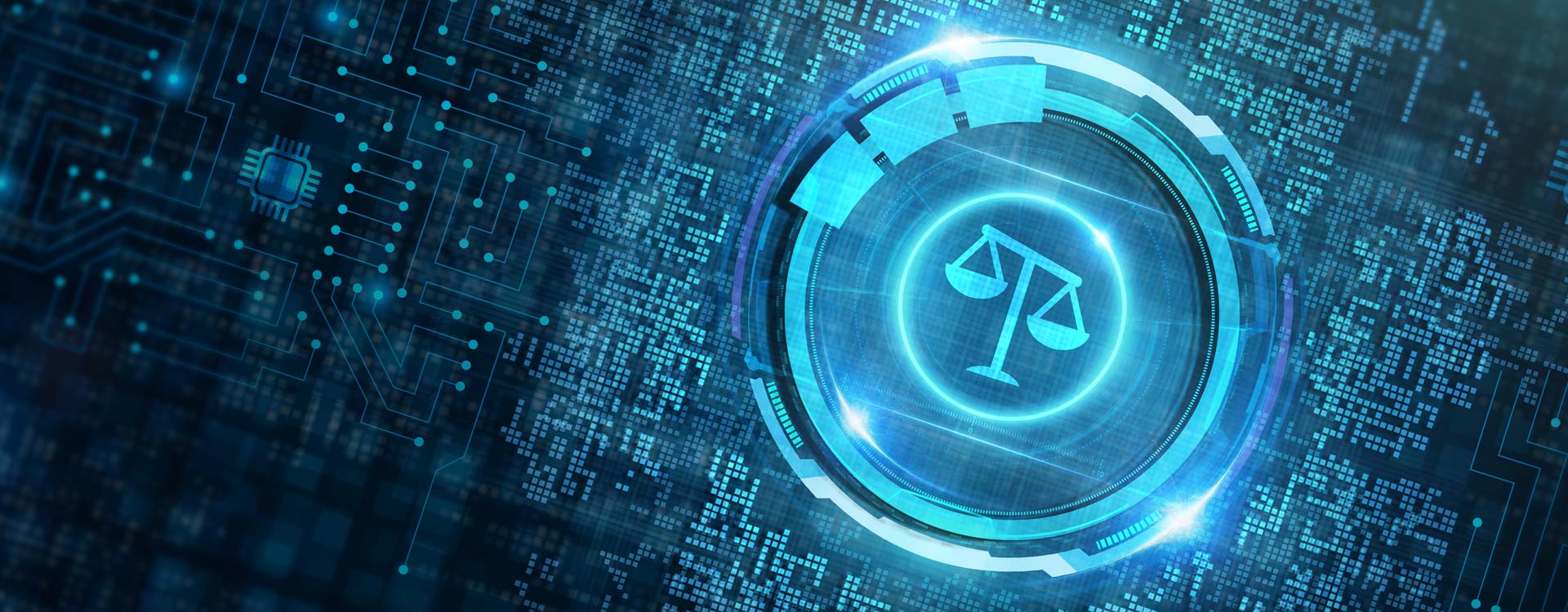
Digital government works to clarify the responsibilities and duties of the individuals being governed and the ones governing by utilizing the structure and ease of modern technology. This allows citizens to access and share information conveniently with all levels of government including city, state, national, or international entities.
Public authorities can likewise provide and request needed information from other governmental departments, businesses, or individuals with the ease of electronic technology. The ease of transferring data between departments aids in the collaboration and cooperation of such agencies. This translates into a better experience for the citizens interacting with these various authorities and departments.
Digital technology has become part of daily life for most people, and it has come to be an expected element of interacting with businesses and agencies alike. This has opened the world of digital government services to bring a simple online experience coupled with efficiency and innovation for each citizen. This enables each individual to communicate freely with their local public authorities and access needed information with the click of a button. Hours of waiting in long lines and filling out piles of paperwork have been transformed into online forms with drop-down menus and easy-to-follow instructions.
You can access the data you need from the comfort of your home or on the go with your smartphone. Governments are implementing e-government technology to help reduce labor costs, boost collaboration within departments, and increase participation from the public.
What are digital government services?
Digital government services include any processes available by the government online. Examples of such services can be anything from filling out forms to applying for a new driver’s license to researching public records regarding the inner workings of a specific governmental agency.
Having a multitude of information available digitally ensures easy access to all citizens no matter where they live in relation to the office processing the applications or requests. It also gives the option to take care of necessary matters whenever and wherever you have access to the internet.
Implementing self-service and automated procedures aids in the efficiency of verification processes and data collection. This means when you fill out an online application for food assistance or electronically send in your tax forms, the appropriate agency is instantly notified and can process your information. The abundance of data collected by these services supports government officials to make informed decisions concerning activities and policies in their region.
The transparency accomplished by a digital government maintains the empowerment of citizens to hold public servants accountable for their actions. You are able to go online and research exactly what the factors are in the approval or denial of an application or investigate the decisions made by your local town council. The government digital transformation also drives down administrative costs typically connected with staff processing untold amounts of paperwork, as well as printing documents.
Digital government vs. e-government
The terms digital government and e-government are sometimes used interchangeably but do carry slightly different connotations. Digital government refers to the comprehensive digital strategies and structures set up by the government to care for the needs and concerns of its citizens. E-government focuses on the actual information and communication technology (ITC) utilized to make the governments’ goals a reality.
E-government involves the digitization of procedures, documents, and services to improve governance by the use of modern technology. Digital government uses the tools provided to improve the management and organization of a governments’ services to appeal to the current needs of its citizens. This form of government can support the functionality of the agencies themselves when the public authorities and the administrative personnel work together efficiently.
Cooperation between different departments and agencies translates to a smooth process when relaying or obtaining information from the public via the online technologies put in place. The overall structure involved in e-government technology produces an efficient, transparent, and convenient digital government.
Cloud solutions for the world’s most demanding organizations
Unisys cloud solutions adhere to the highest security and compliance standards to mitigate risk at each stage of the cloud adoption lifecycle. We design, deploy, and manage flexible and customized cloud solutions that effectively address our clients’ current needs while establishing a foundation to support long-term growth and change.

















